WATCH: James Cartlidge demands more spend on defence
GB News
Malcolm Richards, a former captain in the Royal Logistic Corps, warned the figure will ''will deliver nothing"
Don't Miss
Most Read
Trending on GB News
Sir Keir Starmer will resist mounting pressure to increase defence spending beyond 2.5 per cent of GDP, despite calls from military chiefs for higher investment amid growing security concerns.
An ally of the Prime Minister told The Telegraph: "The policy we stood on at the election was 2.5 per cent defence spending. Our policy is still 2.5 per cent. We're not going to shift any further."
Senior military figures believe the current spending ambition would barely "touch the sides" of what is needed to fund the UK's defence needs.
The decision comes despite pressure from Donald Trump, who has called for Nato allies to reach five per cent of GDP in defence spending.
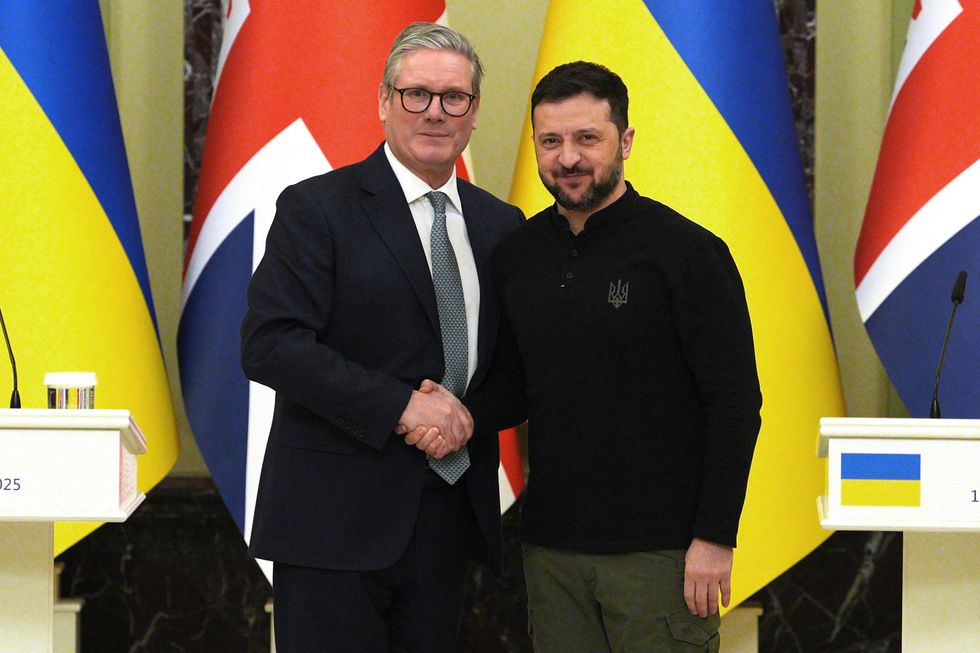 The PM met with Volodymyr ZelenskyPA
The PM met with Volodymyr ZelenskyPA
David Lammy and Vice President JD Vance met last year
David Lammy/XThere is understood to be no appetite in Downing Street to alter long-held plans to reveal a timeline for reaching the 2.5 per cent target this spring.
Speaking at the Munich Security Conference, Foreign Secretary David Lammy said: "We were spending on average seven per cent of our GDP in the Cold War and upwards."
At the same conference, Ukrainian President Volodymyr Zelensky called for the creation of an "army of Europe" to replace US troops if Donald Trump retreats from the continent.
"I really believe the time has come – the armed forces of Europe must be created," Zelensky declared. "From now on things will be different and Europe needs to adjust to that."
Lord Dannatt, former head of the Army, warned that the UK military was now too "run-down" to make a proper contribution to such a European force, which would likely need to be 100,000 strong.
LATEST FROM THE FRONTLINE IN UKRAINE
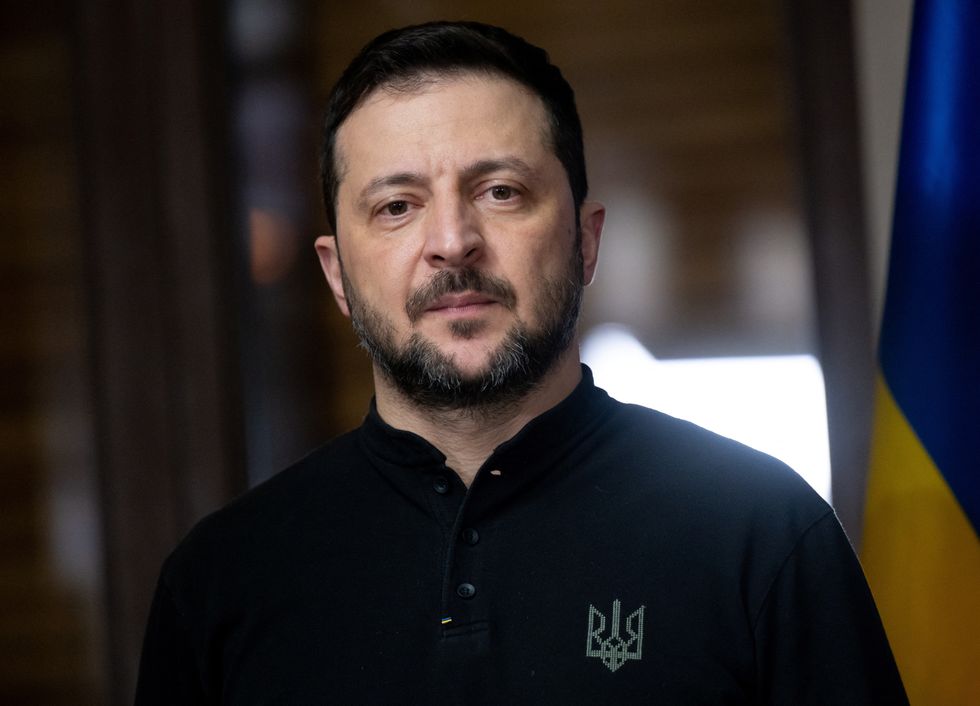
Ukrainian President Volodymyr Zelensky attended the Munich Security Conference
Reuters
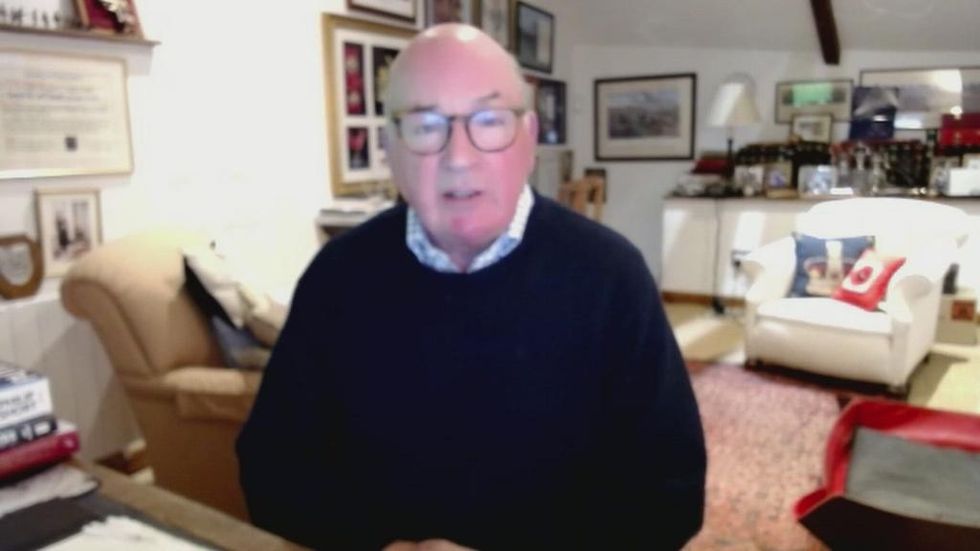 Lord Richard DannattGB News
Lord Richard DannattGB NewsThe debate over defence spending has exposed tensions within Labour's leadership, with reports earlier suggesting Sir Keir might overrule Chancellor Rachel Reeves to increase military spending.
Military chiefs have called for spending to reach 2.65 per cent of GDP, which would cost around £10billion.
This comes as a leaked Office for Budget Responsibility report has reportedly wiped out the Chancellor's £10bn fiscal headroom.
Business Secretary Jonathan Reynolds attempted to downplay Cabinet divisions, saying: "The whole Cabinet, the whole Government, I think most people in this country recognise the pressures the world is under, recognise more will have to be spent on defence."
Raising spending from the current 2.3 per cent to 2.5 per cent would cost approximately £7bn extra annually, according to the Royal United Services Institute.
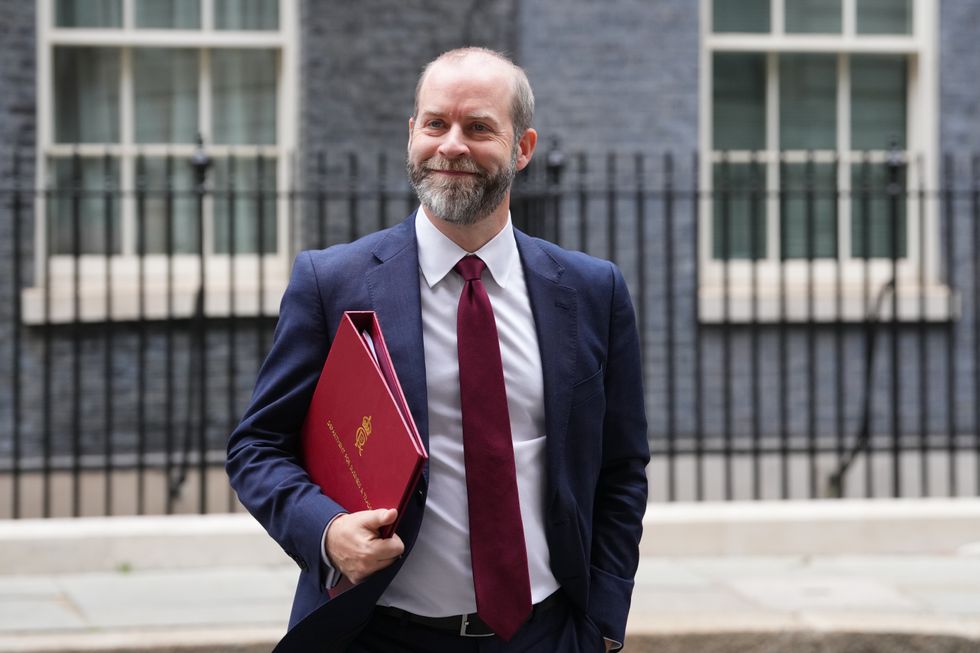
Business Secretary Jonathan Reynolds attempted to downplay Cabinet divisions
PA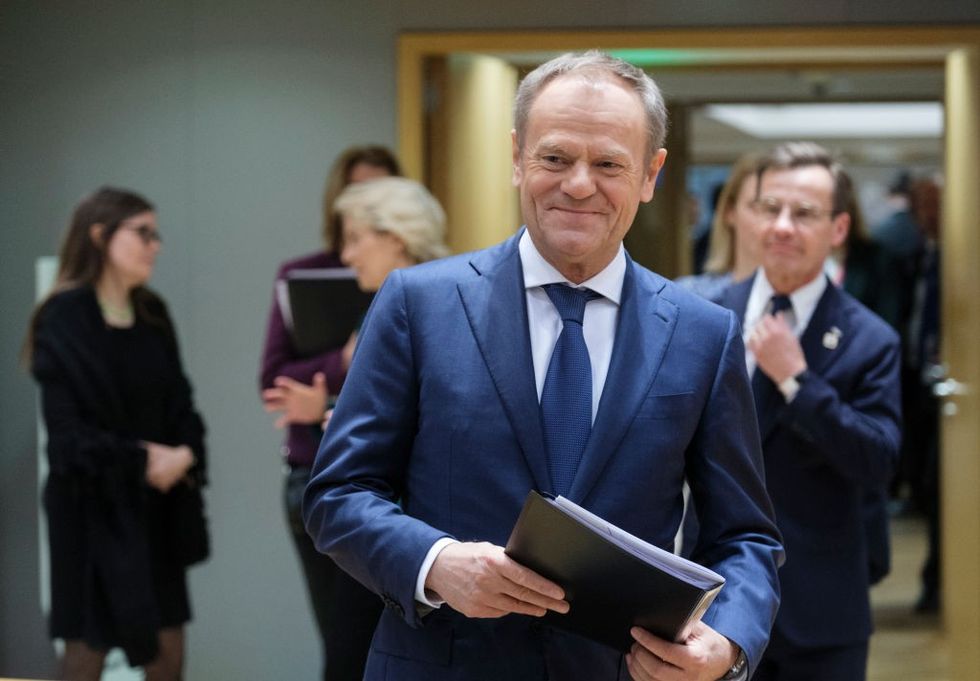 Prime Minister Donald Tusk has urged Europe to spend billions on an Israeli-style 'Iron Dome' defence systemGetty
Prime Minister Donald Tusk has urged Europe to spend billions on an Israeli-style 'Iron Dome' defence systemGettyStarmer is expected to attend an emergency summit in Paris next week, hosted by French President Emmanuel Macron, where European leaders will discuss being left out of peace negotiations between Russia and the US.
Special Presidential Envoy Keith Kellogg confirmed at Munich that Europe would not have a final say in the conflict's resolution.
"To my European friends, I would say: get into the debate, not by complaining that you might, yes or no, be at the table, but by coming up with concrete proposals," Kellogg said.
Polish Prime Minister Donald Tusk warned there was "no time to lose" and called for urgent European action.
President Zelensky added that "Ukraine will never accept deals made behind our backs without our involvement, and the same rule should apply to all of Europe."








